
Foto credit: Reuers
British Prime Minister Keir Starmer said during the Berlin Process summit in London that the Western Balkans are a testing ground for the security of the European continent.
“The region (the Western Balkans) has been described as the crossroads of Europe, but it has also often been a testing ground for Europe – a testing ground for the security of our continent,” Starmer said at the start of the summit.
Leaders from the Western Balkans and several European Union leaders met in London to discuss strengthening political, economic, and infrastructure cooperation and accelerating the European integration of the Balkan countries.
Starmer hosted the leaders of the Western Balkan countries – North Macedonia, Montenegro, Serbia, Albania, Bosnia and Herzegovina, and Kosovo – as the UK seeks agreement on further measures to reduce the number of illegal migrants arriving.
The UK is negotiating with some countries to set up so-called return centers, where the UK could send rejected asylum seekers before they are deported.
Discussions at the summit focused on security, migration, and economic growth, with leaders discussing how to counter Russia’s “malign influence,” as well as rooting out corruption and common migration issues.
“Bosnia and Herzegovina very close to accession talks,” says Plenković
Croatian Prime Minister Andrej Plenković told reporters in London that the EU is more open to enlargement than in previous years due to new security challenges, Croatian Radio Television (HRT) reported. However, he said that candidate countries must complete all reforms and adopt the EU acquis.
Bosnia and Herzegovina is very close to starting accession negotiations with the EU, the Croatian Prime Minister replied to a question about when Bosnia and Herzegovina could start negotiations, which were conditionally approved by the European Council in March last year.
“There are still some minor details, but I think we are moving very quickly at the moment. Given the structure of Bosnia and Herzegovina, the appointment of a chief negotiator and his possible deputies is expected, and then we need to start with reforms. Croatia is most committed to providing support, and I believe that this will happen very soon,” Plenković replied.
Plenković said that this topic will be discussed at the European Council meeting on October 23 in Brussels, if there is an opportunity, and certainly at the December meeting of this body, before which a new EU-Western Balkans summit is planned.
Kurti demanded that Belgrade not be allowed to act “with impunity”
Kosovo Prime Minister Albin Kurti said at one of the summit meetings that the progress achieved in his country remains in the “shadow of threats and constant aggression” from Serbia, and demanded that Belgrade not be allowed to act “with impunity.”
Kurti stressed that the attack on the Kosovo police in Banjska in Zvečan in September 2023 should not be overlooked. He recalled that Milan Radoićić, former vice president of the Serbian List, the main Serbian party in Kosovo supported by Belgrade, had taken responsibility for the attack but was not facing justice.
“We must not allow our hostile neighbor to the north to act with impunity, as this encourages new incursions and sends a dangerous signal that attacks on Kosovo’s sovereignty and territorial integrity can go unpunished,” Kurti said, according to a speech posted on Facebook.
Kosovo has repeatedly demanded that Serbia hand over Radoičić, while trials are underway in the country against three of dozens of defendants in the Banjsko incident, in which a group of armed Serbs killed a Kosovo police officer. The international community has demanded that those responsible for Banjsko face justice.
Meanwhile, Serbian Prime Minister Đuro Macut said in London that Serbia must break the “vicious circle of unacceptable political conditioning” linked to Kosovo’s status.
“We must break this vicious circle of constant political conditioning, which is absolutely unacceptable to us. We are constantly being conditioned by certain steps taken by the provisional authorities in Pristina,” Macut said.
He stated that these conditions “must not be a stumbling block” for Serbia.
Next month important for European integration
After European Commission President Ursula von der Leyen visited the Western Balkan countries last week, the European Commissioner will publish a report next month on the progress of the countries in this part of Europe, and a special conference on enlargement will also be held.
The Berlin Process is a diplomatic initiative launched in 2014 by then German Chancellor Angela Merkel with the aim of bringing the countries of the region closer to the European Union.
Participants at the London summit include the prime ministers of Albania, Edi Rama; Bosnia and Herzegovina, Borjana Krišto; Montenegro, Milojko Spajić; Kosovo, Albin Kurti; North Macedonia, Hristijan Mickoski; and Serbia, Đuro Macut.
British Prime Minister Keir Starmer welcomed the leaders of Serbia, Montenegro, Bosnia and Herzegovina, Kosovo, North Macedonia, and Albania, as well as representatives from Germany, France, and other EU member states to the London summit, while British King Charles III hosted a reception for the participants.
According to a previous statement by the British Foreign Office, leaders will discuss stability, security, and economic cooperation in the region, with the fight against illegal migration, particularly on the main smuggling routes, being highlighted as a key issue.
The UK expects the summit to strengthen cooperation with European partners in implementing the government’s strategy to strengthen borders, break up gangs, and return those who do not have the right to stay to their countries of origin. It was also emphasized that the United Kingdom is committed to restoring relations with the EU.
To date, the leaders of the Western Balkans and the EU have met 11 times: four times in Berlin and once each in London, Vienna, Paris, Trieste, Poznan, Sofia, and Tirana.
What is the Berlin Process?
The Berlin Process is an intergovernmental initiative that aims to bring together the countries of the Western Balkans and the European Union and help them build ties based on European values. It was established in 2014 on the initiative of former German Chancellor Angela Merkel. It serves as a platform for high-level cooperation between officials from Bosnia and Herzegovina, Albania, Montenegro, Kosovo, North Macedonia, and Serbia, with a focus on creating a common regional market of around 18 million people. The aim is for the countries of the Western Balkans to cooperate on infrastructure development, reducing unemployment, increasing economic competitiveness, mutual reconciliation, education, and ecology.
As part of the Berlin Process, agreements were signed on the mutual recognition of identity cards, university degrees, and professional qualifications.
Cooperation in the fields of transport, energy, ecology, digitization, and roaming was also agreed upon.
High-level meetings of the Berlin Process take place once a year, with the last one held in Berlin in October 2024./RSE/

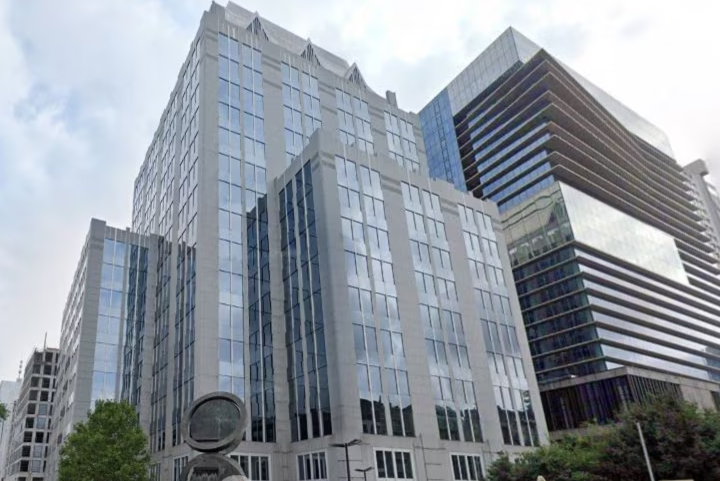 Brussels Moves To Leverage $204 Billion In Russian Assets For Ukraine Loan
Brussels Moves To Leverage $204 Billion In Russian Assets For Ukraine Loan 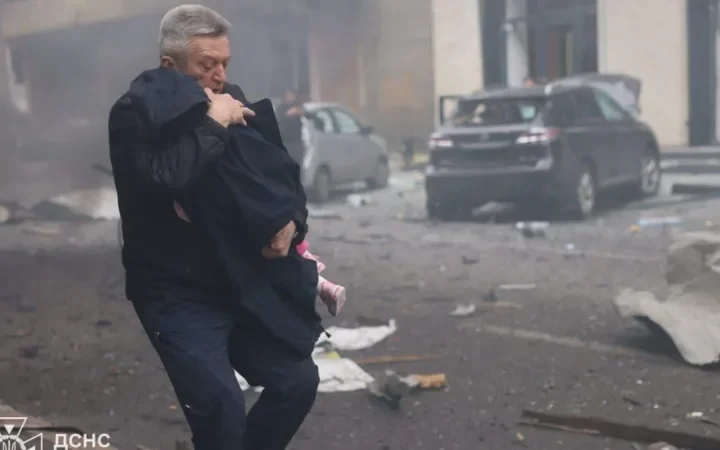 Children among victims in Russian strikes, hours after Trump-Putin talks shelved
Children among victims in Russian strikes, hours after Trump-Putin talks shelved 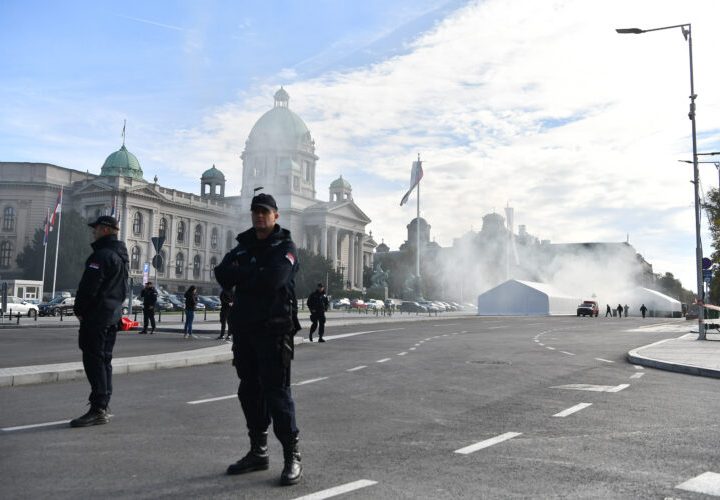 Fire and gunshots in Serbia: Vučić declares the attack in “Ćacilend” a “terrorist attack” without evidence
Fire and gunshots in Serbia: Vučić declares the attack in “Ćacilend” a “terrorist attack” without evidence 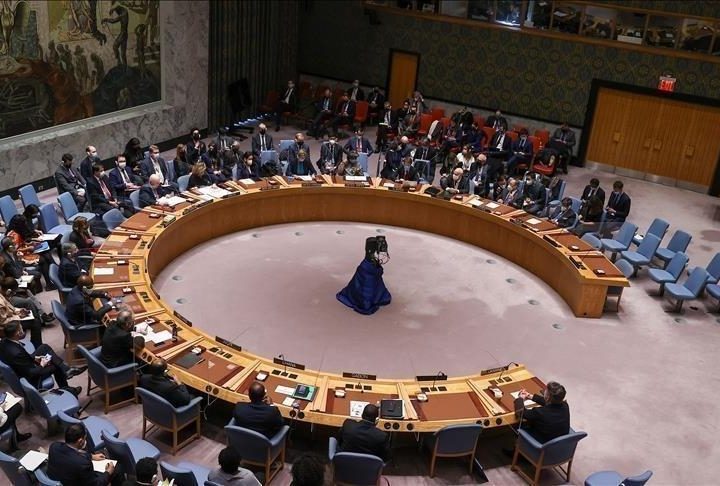 Serbia repeats propaganda at the UN, Kosovo denies it: Serbian rhetoric recalls the Milosevic era
Serbia repeats propaganda at the UN, Kosovo denies it: Serbian rhetoric recalls the Milosevic era 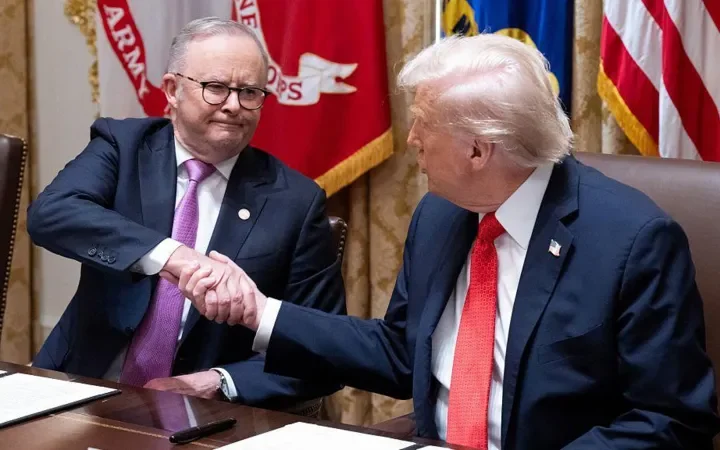 US and Australia sign rare earths deal to counter China’s dominance
US and Australia sign rare earths deal to counter China’s dominance 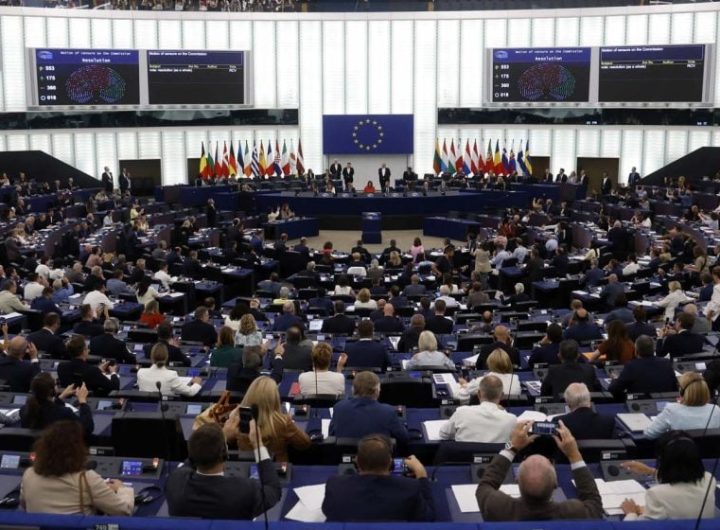 DS organized an exhibition in the European Parliament about repression against students and citizens in Serbia
DS organized an exhibition in the European Parliament about repression against students and citizens in Serbia